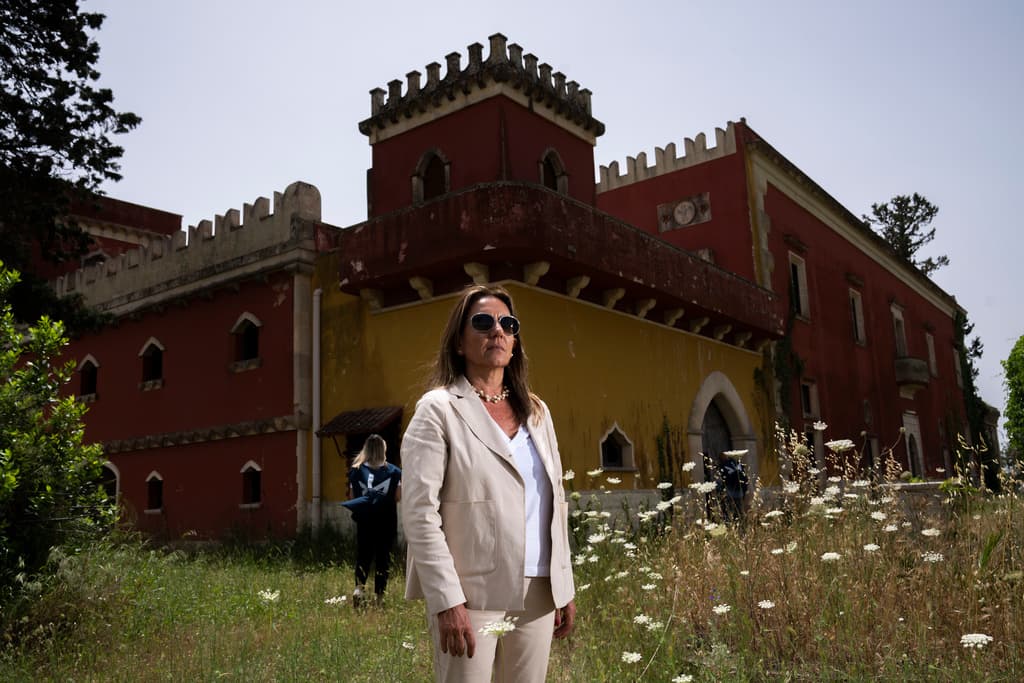The board in the town of Neviano on Italy's heel has been dissolved. The reason is that the local mafia has been able to influence the authorities and gain power.
In the region of Apulia, women are taking the lead in stopping the mafia's advance, at risk to their own lives.
On the night of February 1, a bloody goat's head, pierced by a butcher's knife, was left at Judge Francesca Mariano's home with a note that read "like this". She had already received threats, including notes written in blood, after issuing an arrest warrant for 22 members of the local mafia Sacra Corona Unita in southern Apulia.
Francesca Mariano is not the only woman in the region who is challenging the mafia's power structures. There are many who are arresting and prosecuting mafia members, confiscating assets, exposing crimes, and working to change local attitudes.
I don't believe anyone who says they're not afraid. It's not true, says the investigative journalist and journalism professor Marilù Mastrogiovanni, who has published articles on mafia infiltration.
Courage is going forward despite the fear.
Extortion
Often, mafia organizations choose to gain influence in areas that are particularly vulnerable to corruption. For example, it may be about who gets large public construction contracts or who will handle waste management and parking lots.
Drug trafficking is the mafia's main activity, says Carla Durante at the police department in Neviano's neighboring town Lecce.
It's always accompanied by extortion, usury. And now, just like in the whole country, we have infiltration in the public administration.
The Fourth Mafia
The G7 summit in June was held in Apulia, which, with its olive groves and spectacular coastline, ranks fourth among Italian regions in terms of the number of local administrations that have been dissolved due to mafia infiltration.
The local Sacra Corona Unita is also called the fourth mafia in Italy, after the three largest mafia groups: 'Ndrangheta in Calabria, Camorra in Campania, and Cosa Nostra in Sicily. But it has become just as effective as the others in gaining influence in local communities and achieving social acceptance.
And as long as there is this consensus, as long as not everyone chooses the right side and someone is not willing to roll up their sleeves and help, these places will always be in danger, says activist Sabrina Matrangola at the Libera network, which works against mafia organizations and corruption.
Sacra Corona Unita (SCU) is also called the fourth mafia in Italy. It is much less known than the three larger mafia organizations - 'Ndrangheta in Calabria, Camorra in Campania, and Cosa Nostra in Sicily - but has become very effective in infiltrating local governments and businesses and achieving social acceptance.
SCU was founded in the prison in Lecce in 1981 by a local criminal, partly to stop other mafia groups from taking power in the area.
Since then, the organization has gained influence in the region of Apulia and has mixed illegal activities with legitimate businesses. Today, SCU has around 5,000 members.
The money that SCU earns from drug trafficking is laundered through the legal businesses that often operate in the large tourism industry.
Source: AP






